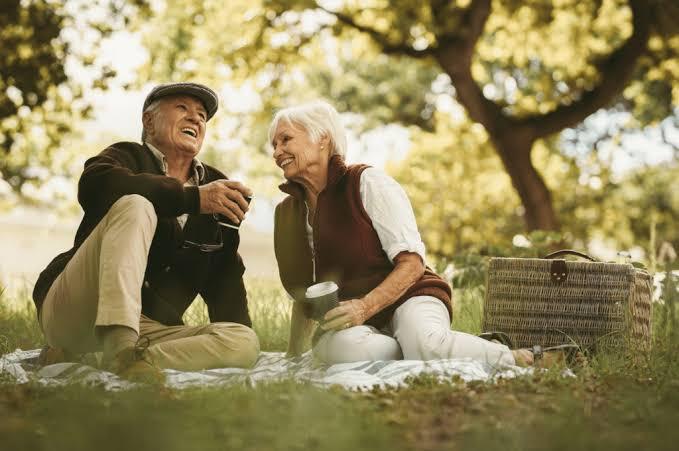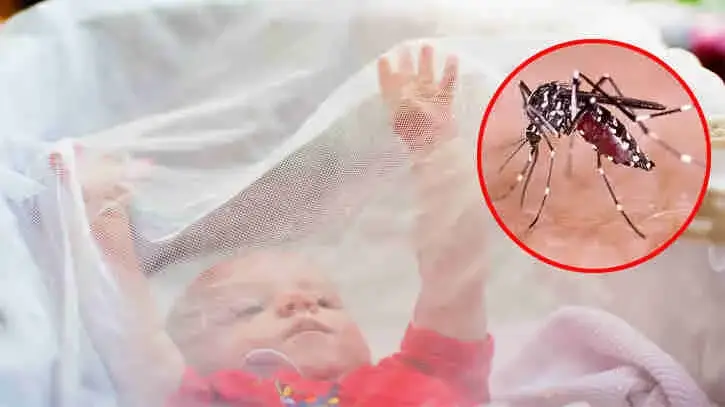Avoid these mistakes to stay healthy in excessive heat

Our country is experiencing hot weather most of the time. The humidity of the air has also decreased. People are suffering from various diseases amid the intense heat wave. Excessive heat can increase other health problems such as viral fever , cold and cough, jaundice, shortness of breath, asthma, etc. However, in some cases, this risk is higher, so more precautionary measures need to be taken. Avoid these mistakes to stay healthy in excessive heat!
Those most at risk
- Children (under 5 years of age) are usually unable to talk about their physical difficulties.
- Elderly (65 years or older)
- Mentally ill or disabled person
- Working people, such as rickshaw pullers, farmers, construction workers
- Those who are overweight
- Those who are physically ill, especially those with heart disease or high blood pressure, diabetes, kidney disease, etc.
- Pregnant
- Alcoholics are also at risk, as alcohol consumption impairs the body's ability to regulate temperature.
Types of illnesses that can occur due to excessive heat

1) Excessive sweating can cause electrolyte imbalance in the body by causing salt and water to be released from the body.
2) Excessive heat increases the incidence of diarrhea. Heatstroke and diarrhea together can put patients at risk of death.
3) The skin becomes dry, and changes in skin temperature and humidity can lead to various skin diseases.
4) Feeling tired. Staying in excessive heat for a long time can lead to heatstroke and even death.
What are the symptoms of heat stroke?
- Nausea or vomiting
- Excessively high body temperature. A temperature of 104° degrees Fahrenheit or higher is a sign of heat stroke.
- Decreased or burning urination
- Breathing may become rapid.
- Heart rate may increase.
- Sweating, which eventually stops, causing the skin to become hot and red
- Headache, dizziness, unusual behavior
- Sudden seizures, fainting, etc. are all signs of heatstroke.
What to do if you have heat stroke
Quickly take the patient to a cool place, ventilate or keep him under a fan. If there is excess clothing on the body, remove it. Sprinkle cold water on the body, wrap ice in a cloth and wipe the body. Wipe the neck and armpits with a wet cloth. Let him drink syrup. If the patient loses consciousness, take him to the nearest hospital immediately.
What mistakes should be avoided?
- Avoid going out during the hot afternoons as much as possible, avoid direct sunlight.
- Many people do not use umbrellas, hats/caps, and sunglasses when going outside; always carry them with you.
- Avoid black or deep-colored synthetic fabrics and wear light-colored, loose-fitting cotton clothes.
- The amount of water that is being lost from the body needs to be replaced. Many people do not consume enough fluids, which can lead to dehydration.
- Try to eat foods that are easily digestible and avoid eating stale, open, fried foods.
- Do not drink cold water from the fridge after coming from outside . It is not good to eat anything very cold in the scorching heat.
- Avoid continuous physical exertion during the day, do not exceed the body's tolerance.
- If possible, shower or bathe multiple times.
- Keep an eye on the color of your urine, if it is yellow, definitely increase your water intake.
- Make sure that the indoor environment is not too hot or stuffy, and ensure adequate ventilation at home or at work.
What to do to avoid heatstroke
1) Drink plenty of pure water and fluids. Fruit juice, coconut water, and saline in moderation can be consumed.
2) If diarrhea occurs, feed saline and other fluids frequently. Let the child with diarrhea eat other normal foods, including breast milk, frequently.
3) Special attention should be paid to children and the elderly. Do not take children out of the house unless necessary in extreme heat.
4) Avoid staying in the harsh heat of the sun for long periods of time. If you have to go outside, do it early in the morning. Use sunscreen to protect your skin.
5) Along with yourself, you should also pay attention to your pets and the animals around you. They are also in danger in this heat. If you see a thirsty animal around you, provide it with some water. Keep water on the balcony or roof for the birds.
That's all for today. If you feel very unwell, seek medical advice immediately. Following these precautions and staying hydrated can help keep yourself and your loved ones safe from extreme heat. Remember, staying safe in this heat requires caution, preparation, and a willingness to adapt to changing conditions.
Photo - Shutterstock,







